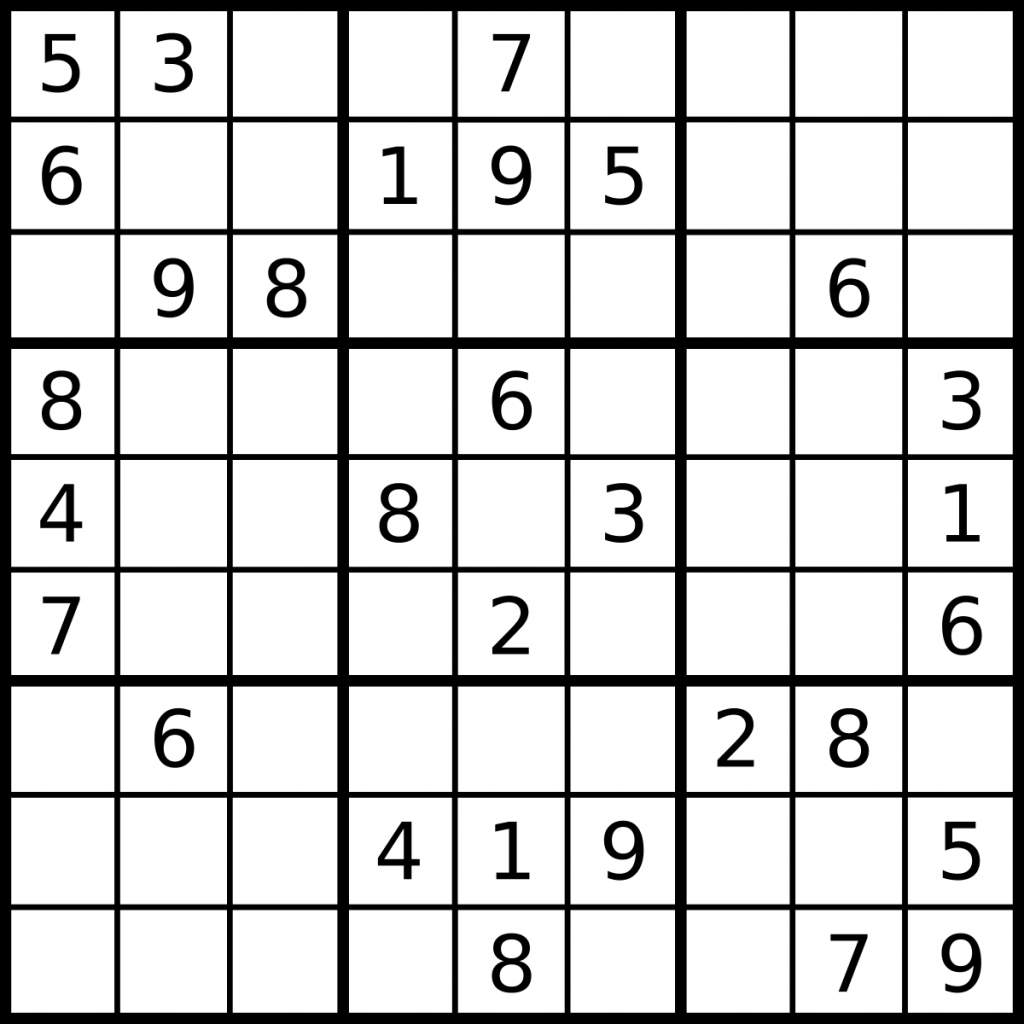

Sometimes work seems meaningless, but you still have to do it. If you copy down the answer for a sudoku puzzle from the answer page, are you any better at solving a Sudoku puzzle independently, next time? When puzzles get frustrating, do you have coping strategies to help you get through tough times? Sometimes, students are assigned questions for homework and we simply copy answers from the back of the textbook, or we copy answers from a friend, or we google the answer. Sudoku provides a great analogy for learning at school. If you were given a “sudoku test” where you weren’t allowed to use a computer You won’t be better at solving Sudoku puzzles just because you can copy answers onto your page. It doesn’t help you develop resilience or logical thinking. This is fantastic because copying down the answers and moving onto the next puzzle isn’t the point. There are lots of free programs that let you type in the numbers of a puzzle and have the computer automatically generate the answer.

Find a puzzle that’s not too easy, and not too hard. This allows a wide spectrum of students to get into the zone. There is a wide range of Sudoku puzzles ranging from super easy to ridiculously hard. Sudoku allows for easy differentiation in your class.You use strategies to become better at solving Sudoku puzzles.In other words, we’re going to practice what we learned about growth mindsets by doing Sudoku puzzles! TEACHER TALK: We strategically chose Sudoku to be part of this Character Building package because… One of the activities uses Sudoku as an opportunity to try strategy-based learning and to conscientiously think about being in a growth mindset. Right now, we’re in the final stages of publishing our lesson plan about Character Building (Learning Skills). Teach students to develop a growth mindset by using Sudoku puzzles to explicitly teach problem-solving strategies and perseverance strategies.


 0 kommentar(er)
0 kommentar(er)
